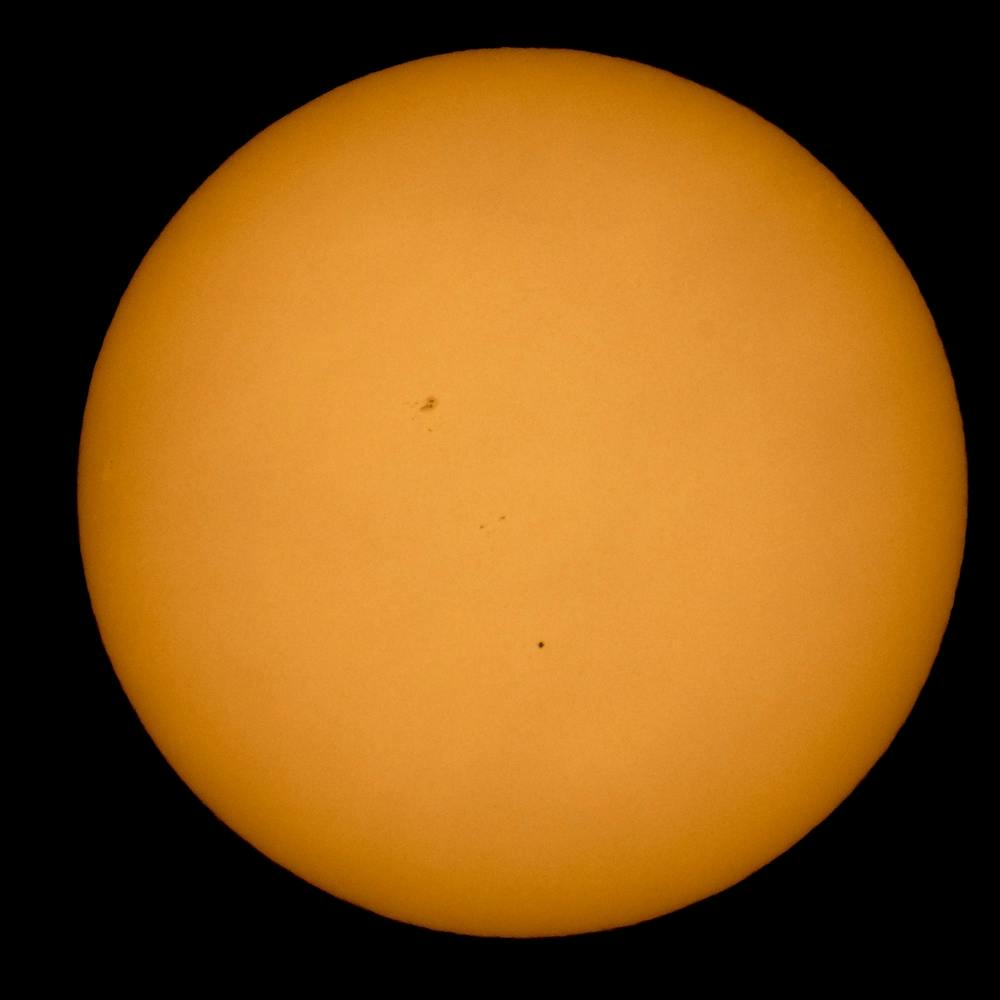By Doreen Christensen
Sun Sentinel
In a rare celestial event, Mercury will pass in front on the sun on Monday, Nov. 11.
The stellar show, which only happens about 13 times a century, starts at 7:35 a.m. EST when the tiny planet begins the transit across the sun, according to NASA.
Mercury will be close to the center of the giant star at approximately 11:20 a.m. The East Coast of the United States will have the best views of the event, since the sun won't be up yet on the left side of the country.
It's not safe to look directly at the sun, as it can damage your eyes. Only view the transit with proper safety equipment such as binoculars and telescopes fitted with special filters.
But you will be able to safely view the innermost planet's heavenly trek thanks to NASA. The space agency will live-stream the event starting at 10:30 a.m. Monday on the NASA Facebook page at Facebook.com/NASA. There also will be an informal roundtable during which scientists will answer questions via Facebook and Twitter using hashtag #AskNASA. The event also will be broadcast on NASA TV at NASA.gov/multimedia/nasatv.
Monday will be prime time for scientific study. When one of the planets passes in front of the sun, it causes a slight dip in the sun's brightness as it blocks a tiny portion of the sun's light, according to NASA. That allows scientists to search for exoplanets, which are planets orbiting distant stars.
Only Mercury and Venus transit the sun. While transits of Mercury happen more often, transits of Venus are rare.
That last happened in 2012. The next one will be on Dec. 11, 2117, NASA said.
The last time Mercury passed in front of the sun was in 2016. Its next transit will happen in the United States in 2049, according to NASA.




